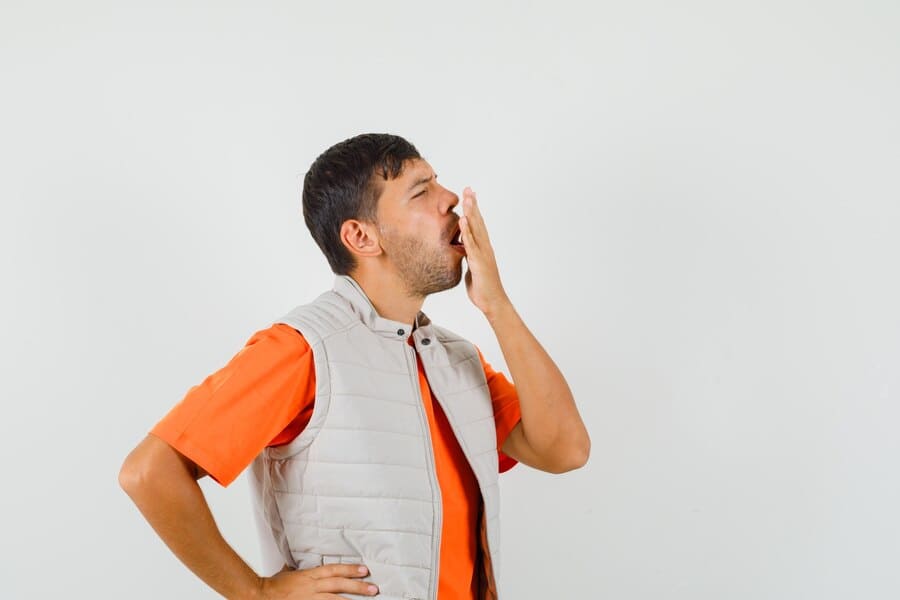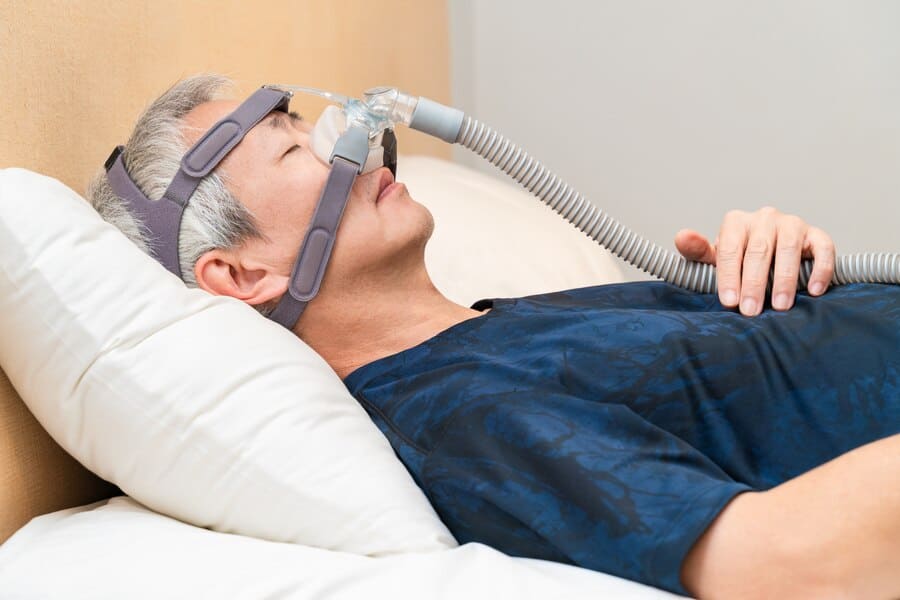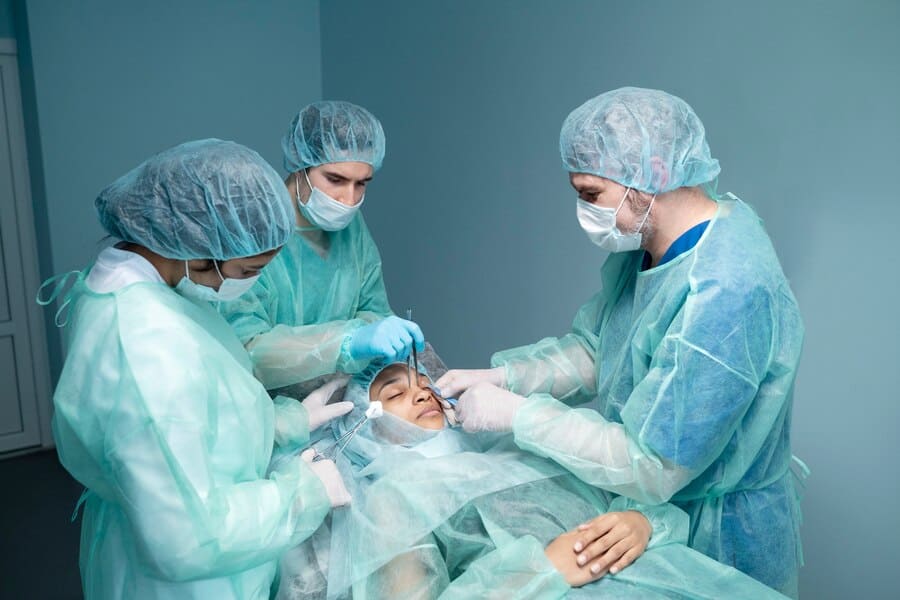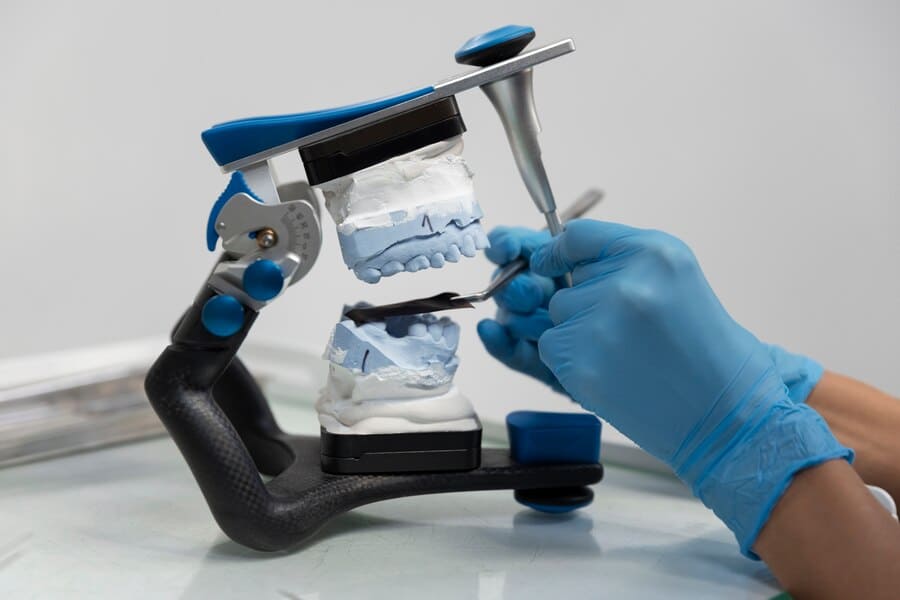Recent Services
- Otology
- Cochlear and Hearing implants
- Nose and Sinus (Rhinology)
- Voice and Throat (Laryngology)
- Dizziness and Vertigo (Neuro-otology)
- Children (Paediatric) ENT
- Snoring and sleep-apnea
- Head and neck cancer
- Thyroid swelling
- Head neck swelling
- Nasal Allergy- Allergin rhinitis
- Difficulty in swallowing
- Difficulty in breathing

Snoring and sleep apnea can significantly affect a child’s health, often indicating issues like enlarged tonsils or adenoids that obstruct the airway. This leads to disrupted sleep, excessive daytime sleepiness, and potential behavioral problems. We offer thorough evaluations, including physical exams and sleep studies, to diagnose and address these conditions. Treatment may involve lifestyle changes, medications, or surgical options to improve sleep quality and overall well-being. Early intervention is key to ensuring a healthier and more restful sleep for your child, promoting better growth and development.





